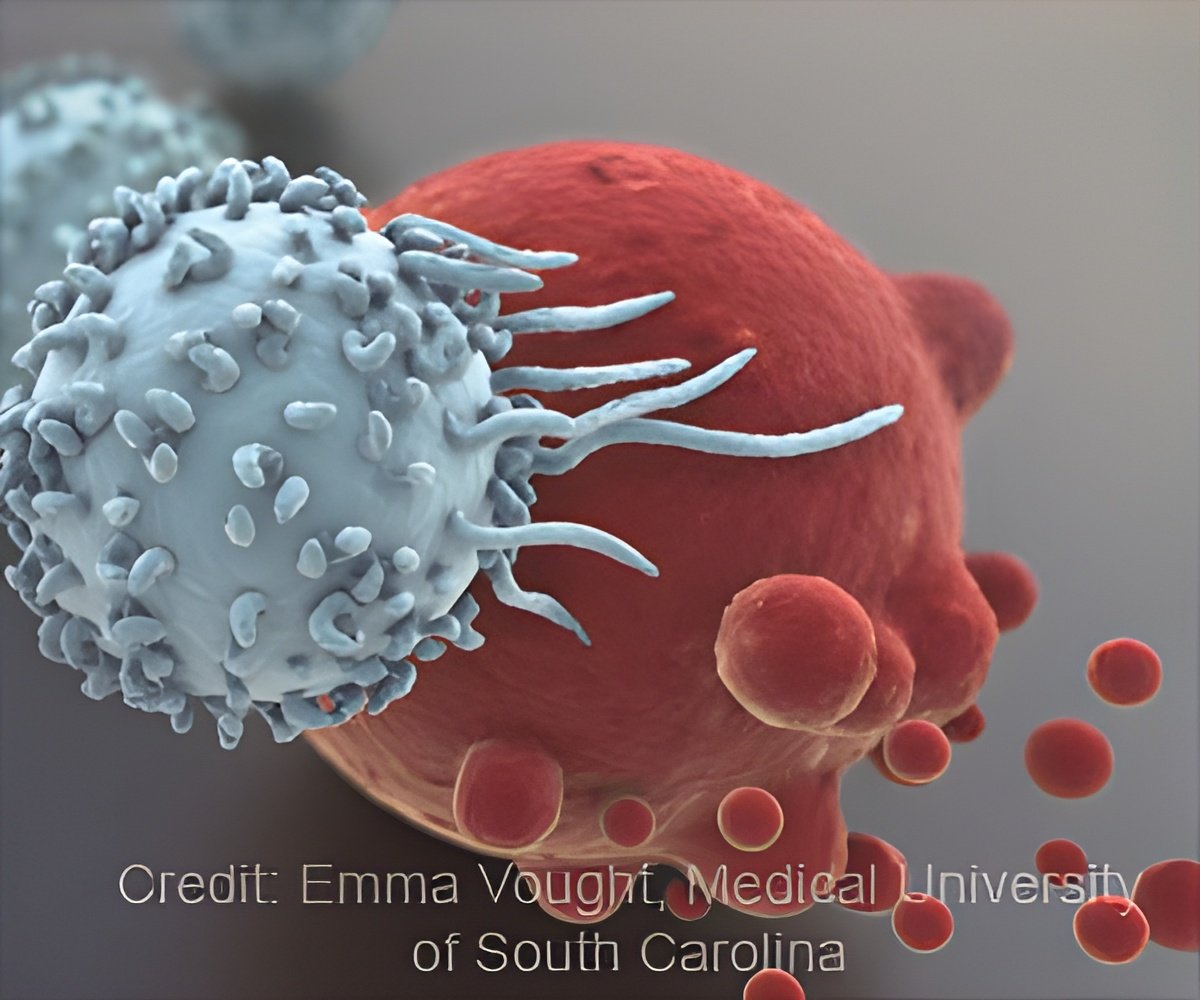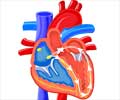Scientists have explained the housekeeping mechanism that leads to the formation of new cells and removing damaged proteins as they form.

‘Partly formed proteins have toxic effects, for instance, they form protein clumps similar to those associated with Parkinson’s or Alzheimer's disease.’





Scientists from the University of Edinburgh used the simple model organism yeast to look at how proteins are produced. During this process, genetic information encoded in the DNA is first copied into a related molecule called RNA and then used to produce proteins. The team concentrated on a part of this mechanism that removes proteins that become stalled part way through their formation. This clears the way for further proteins to be produced.
Scientists studied a yeast protein known as Hel2, using UV light to identify where this protein touches molecules involved in protein production. These interactions help Hel2 identify flaws in protein formation.
When researchers removed the parts of Hel2 in direct contact, this prevented the destruction of faulty proteins, showing that these contacts are important for the mechanism.
Partly formed proteins can not only be dysfunctional but may be toxic, for example when they form protein clumps resembling those associated with Alzheimer's or Parkinson's. The study, published in Nature Communications, was supported by the European Molecular Biology Organisation and Wellcome.
Advertisement
Advertisement












